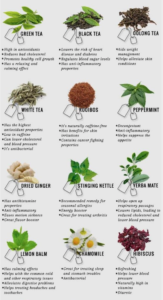With researchers widely reporting the benefits of tea for reducing the risk of developing cancer, high blood pressure and even the common cold, tea can a great addition to a healthy life. But the endless options on the market can make choosing the right one an intimidating process.
Tea is not just a soothing drink to drown out a stressful day’s work, but it also has powerful antioxidants which target free radicals in the body – these are major contributors to the development of disease – and studies show this may play a role not only in reducing the risk of various ailments, but may also slow down the ageing process.
Lifestyle, environmental and diet choices, such as smoking, drinking too much alcohol or skimping on regular exercise, are some of the main causes of oxidative stress; a state in which there is an imbalance of free radicals in the body. This imbalance can damage our DNA and could eventually lead to a number of health conditions, including:
- High blood pressure
- Diabetes
- Inflammation
- Heart disease
- Cancer
Research on green tea consumption found that regularly drinking the beverage has a proven reduction in cellular damage and it proved that the antioxidants, specifically polyphenols, in the tea trapped the free radicals, leading to a decrease in oxidative stress.

It is clear that tea is a powerful aid to maintaining good health and, although tea may not cure illnesses, it can offer some relief and lessen the burden of some symptoms. Below is a list of some beneficial teas and what they can do – find out which one is right for you.
Camomile Tea
Best for
- Managing blood sugar levels
- Aiding sleep regulation
- Reducing inflammation
Camomile has a long history of uses dating back to ancient times when it was highly esteemed throughout Europe and Asia for its many healing properties. Today, this tea is most popularly known as a calming drink, often recommended to those with jittery nerves. However, it has also been found to reduce inflammation – which is a major contributor to the development of conditions like high blood pressure, arthritis or even skin ailments like eczema. Some studies have also found that this tea can help manage blood sugar levels.
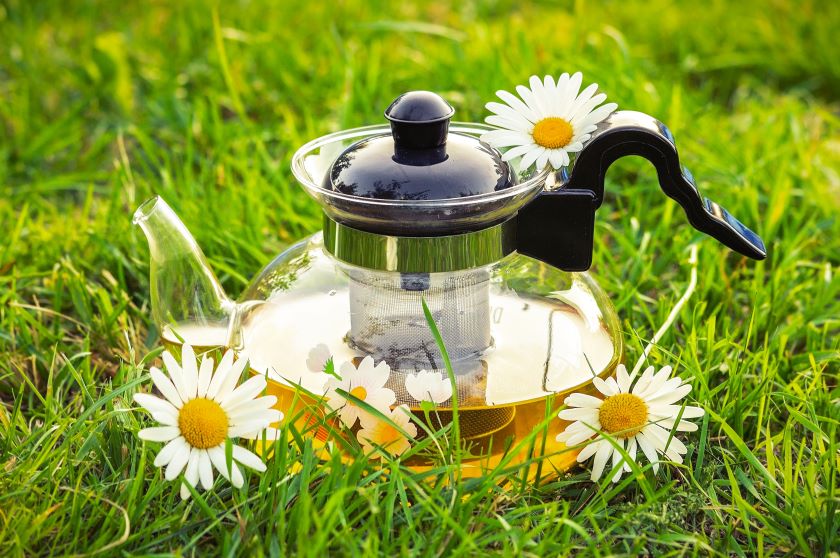
Peppermint Tea
Best for
- Indigestion
- Bloating
The cooling and refreshing flavour and smell of this tea prove that it’s for good reason that so many products, including toothpaste, sweets and gum, use mint as a main ingredient. But the taste alone is not where peppermint tea’s best qualities lie.
Recognised for its benefits in reducing the pain of indigestion and bloating, this tea can be a great option for those with digestive issues. However, studies show that if one’s symptoms stem from GERD, this tea could further irritate the condition, but those suffering from IBS symptoms may find relief with peppermint, according to previous research.
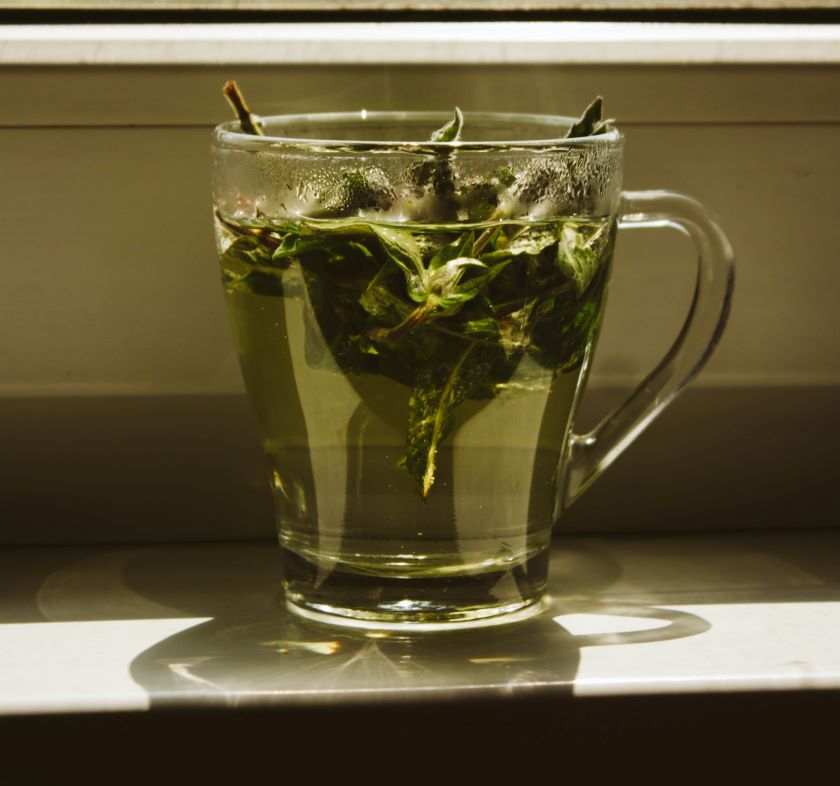
Liquorice Root Tea
Best for
- Supporting kidney and liver function
- Reducing symptoms of respiratory illnesses
Liquorice root is in fact the same plant that the beloved confectionary liquorice is derived from, and unsurprisingly, the tea has a natural sweetness to it. Studies have found that the oleanolic and asiatic acids in this tea make powerful antioxidants, which in turn can fight the symptoms of some respiratory conditions including colds and bronchitis, by protecting the cells in the lungs.
This study also shows that liquorice root tea contains antiviral, antibacterial and anti-inflammatory properties. Though there is limited evidence, some believe this tea may reduce menopause symptoms such as hot flashes.
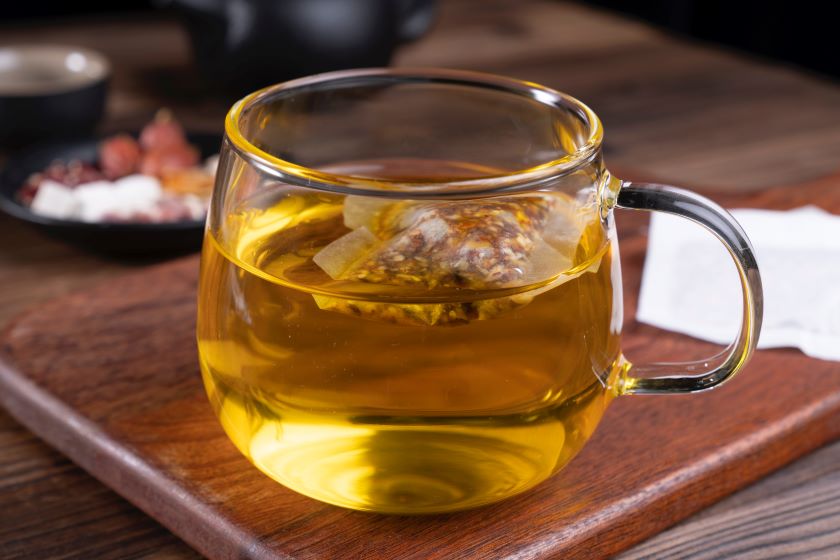
Ginger Tea
Best for
- Aiding digestion
- Reducing inflammation
- Reducing congestion
This antiviral tea can aid in pain relief for menstrual cramps, indigestion and bloating and is a popular choice for reducing cold symptoms, including congestion. Ginger also has powerful anti-inflammatory and antioxidant properties, with one study reporting 5% less oxidative stress-related kidney damage in the subjects that consumed ginger than those that didn’t.
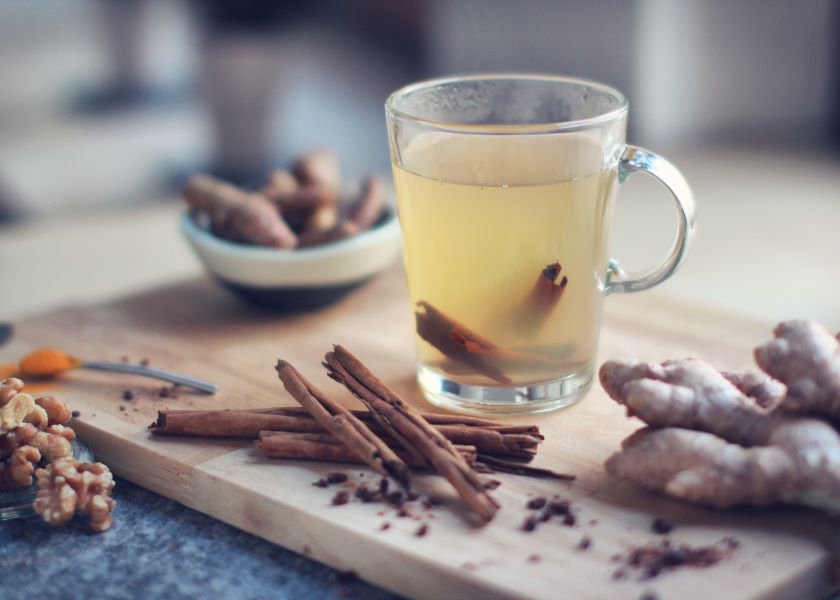
Green Tea
Best for
- Skin health
- Antioxidants
This aromatic beverage is a powerful option and its health benefits are a force to be reckoned with, ranging from aiding digestion, boosting brain function and supporting skin health. The antioxidants found in green tea are a driving force for preventing cancer and inflammation. This tea may also fight halitosis – studies have found green tea reduced the severity of bad breath by inhibiting the growth of bacteria.
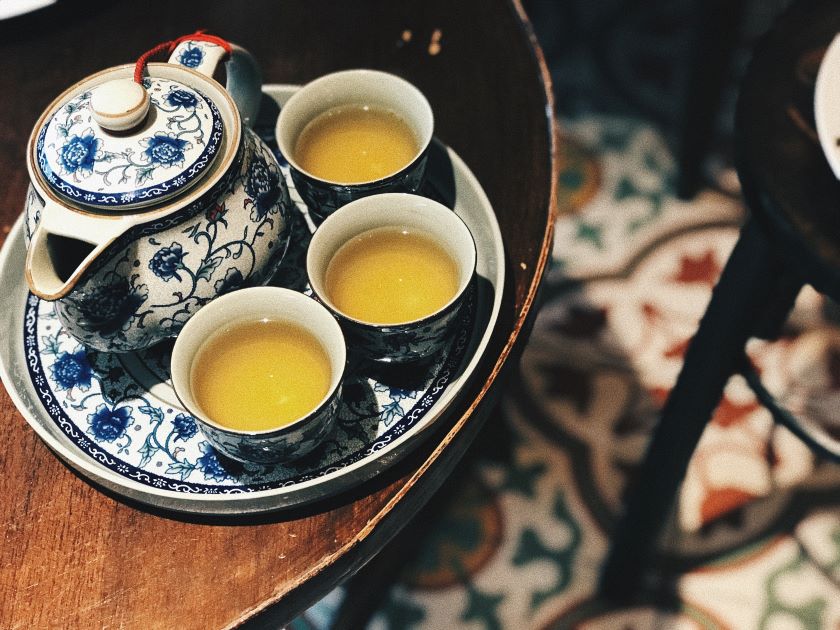
Nettle Tea
Best for
- Reducing inflammation
- Bone health
This tea, sourced from the stinging nettle plant, is a nutritional powerhouse, providing doses of calcium, magnesium and phosphorus and it also contains all the nine essential amino acids. Like the other teas on this list, nettle tea provides free radical-fighting antioxidants which are vital for maintaining healthy cells and preventing the development of many illnesses.
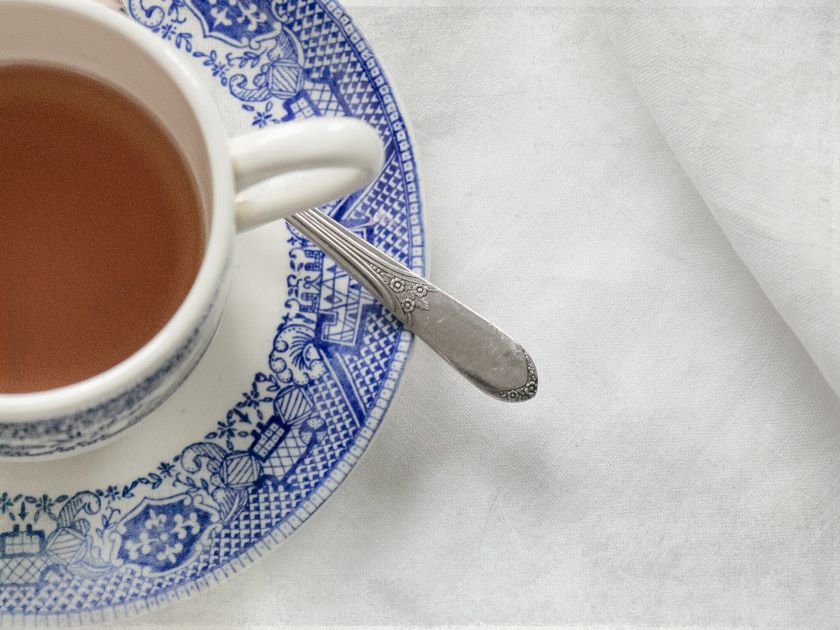
While these choices all provide a range of health benefits, it is important to remember not all teas are safe for everyone and some teas may interact with one’s medication and, as such, it’s always best to check with your physician before making any dietary changes.





 The top five teas you should be drinking this spring.
The top five teas you should be drinking this spring.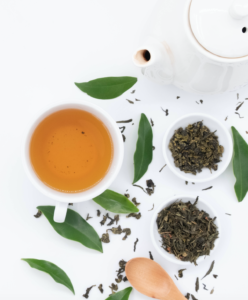 linked to treating various disease including some cancers, cardiovascular disease, Alzheimer’s and Parkinson’s disease and may help prevent type two diabetes.
linked to treating various disease including some cancers, cardiovascular disease, Alzheimer’s and Parkinson’s disease and may help prevent type two diabetes.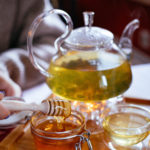 preventative measure for harmful bacteria.
preventative measure for harmful bacteria.